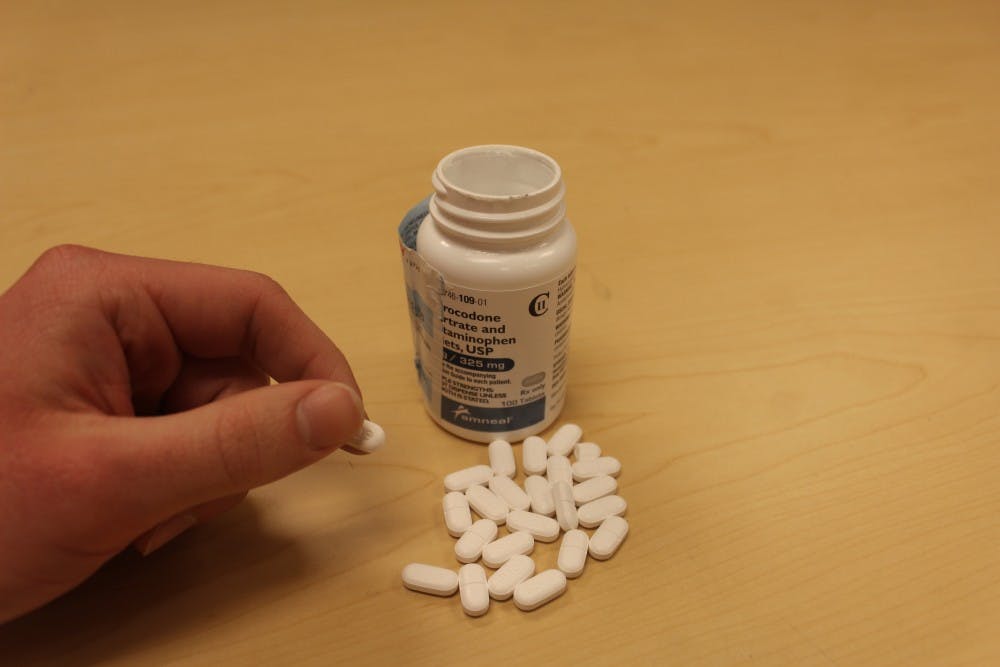As America’s opioid epidemic continues to take the lives of more than 50,000 people a year, one state found a way to curb the death rate ― treatment.
Rhode Island started a first-of-its-kind screening and treatment program for inmates across the state in 2016, and a study suggests it is a success. It found that a 12 percent drop in overdose deaths in the state’s general population can be linked to the program, according to the Providence Journal.
The research, which was published in the Journal of American Medical Association Psychiatry last week, is gaining attention and inspiring hope for communities across the country. As lead study author Traci Green, a professor at Warren Alpert Medical School, wrote, people have been desperately searching for a way to get a handle on the opioid epidemic and finally there might be a breakthrough.
The number of overdose deaths from illicit opioids, such as heroin and fentanyl, skyrocketed from about 5,000 in 2010 to about 20,000 in 2015, according to the National Institute on Drug Abuse. The United States quickly had the highest drug-related death rate in the world by a significant margin, according to Vox.
In the past few years, officials at every level of government began desperately trying to figure out how to respond to what became a national crisis. Before long law enforcement officials learned that the epidemic was largely caused by an influx of purer and cheaper heroin, along with the much more potent pain killer fentanyl, according to whitehouse.gov.
Communities across the country that never experienced a drug overdose were soon seeing them every few months. Opioids, specifically heroin and fentanyl, were no longer staying in the cities. Dealers and traffickers were moving into every town along an interstate, and then to every town past that. The epidemic spread like wild fire, but many governments were too concerned with putting out the fire rather than finding out what was fueling it ― addiction.
Rhode Island’s screening and treatment program is a step in the right direction to fight addiction instead of drugs, but it is a small step. It is both embarrassing and frightening that screening and treatment programs are not commonplace inside and outside of prisons.
Responding to people who are addicted to opioids as victims of a disease rather than criminals is crucial in combating the epidemic. Addiction, by definition, is not a choice. It is an irrational compulsion to continuing doing something, regardless of the consequences.
Sticking addicts in jail and having society look at them as degenerates will not cure people and inspire them to change their lives. It will simply waste tax payer money while delaying the date until they relapse or overdose.
Providing physical and psychological treatment for people who suffer from addiction is not only the morally responsible thing to do, it is an investment into society. If programs can reintroduce people into mainstream society, then there will be more people fueling the economy, paying taxes and contributing to their communities.
The good news is, Rhode Island’s program is simple and effective, which means people believe it can be replicated across the country. Hopefully, treatment will spread as fast as the opioid epidemic did.



The Slate welcomes thoughtful discussion on all of our stories, but please keep comments civil and on-topic. Read our full guidelines here.